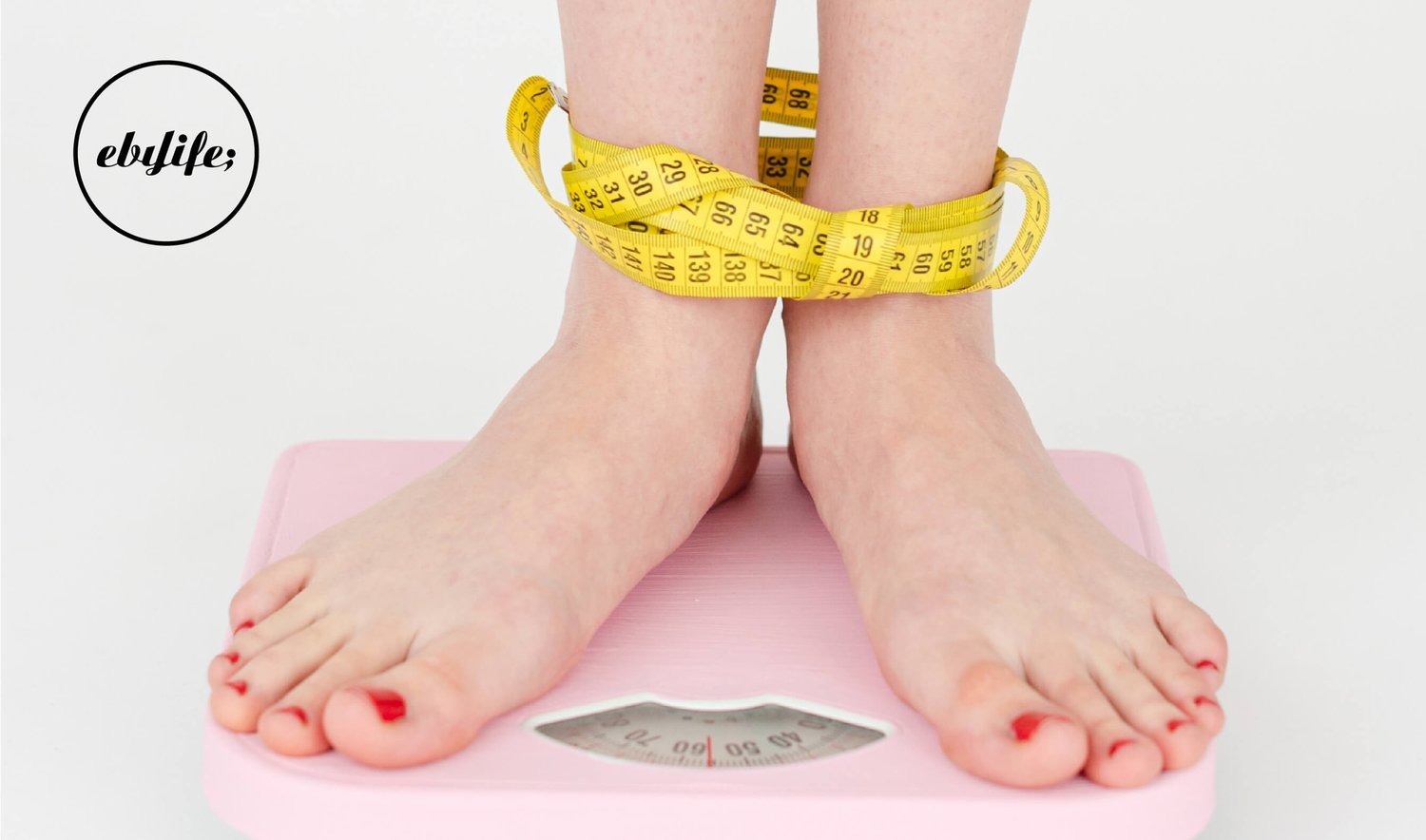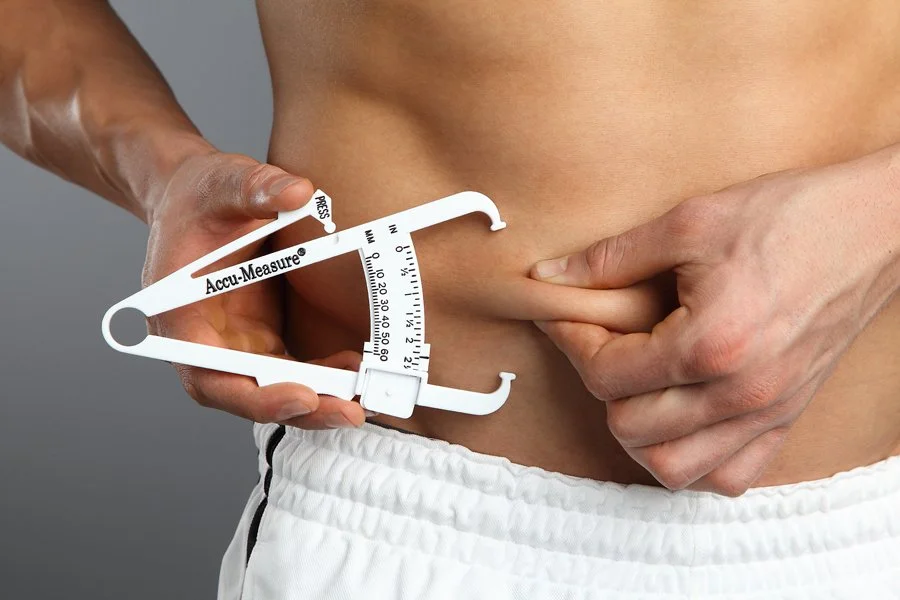Forget the Scales - The bmi is whack! Alternate ways to track your fitness progress.
By Martin Ebner, head Personal trainer and sports nutrition specialist at ebylife
The BMI
The BMI (Body mass index) is currently used around the world to determine whether an adult is of a healthy weight for their height. It can, however, be somewhat deceiving. A 5ft 10inch man that weighs 80kg would be considered overweight and Arnold Schwarzenegger in the prime of his life (Not now) considered obese according to the body mass index.
Why the BMI is inaccurate
The BMI was introduced in the early 19th century by a man called Lambert Adolphe Jacques Quetelet. He introduced the formula as a quick and simple way to measure the degree of obesity of the general population. It's worth mentioning that Lambert Adolphe Jacques Quetelet was a mathematician, not a doctor!
Bone, muscle or fat?
The BMI does not take into account what percentage of weight is made up of bone, muscle and fat. As bone is denser than muscle and muscle denser than fat, you would think it should be an important factor when determining a healthy weight.
Waist size
Another important factor when determining good health is waist size. Visceral fat is by far the most dangerous and should almost always be taken into account when determining whether an adult is of a healthy weight. The BMI ignores it.
Weight Fluctuation
We're told "The scales never lie" but actually, they do!
Weight fluctuates greatly. Eating, drinking, bowel movements, urinating, and exercise all have an impact on your body's water composition. High-carb and high-salt foods often cause water retention aka "weight gain", whereas exercise and excessive sweating cause temporary water loss aka" weight loss". Boxers and other athletes have been known to artificially lose up to a jaw-dropping and quite frankly, dangerous 30 lbs in the 4-5 days leading up to a pre-fight weigh-in. Only to then show up to the actual fight weighing 30 pounds more than the day before.
When beginning an exercise program
It's important to know, especially when beginning any sort of exercise program that includes weight training that you will almost certainly gain a little weight initially. Even more so if you've spent quite some time inactive. This for many can be extremely difficult and frustrating for those using scales as a measure of progress.
Alternative methods to track your progress
Body fat percentage using calipers
If your goal is to tone up and drop body fat, ditch the scales and use body fat calipers to accurately measure your body fat percentage.
Check out this article on Body composition for more scientifically-backed tips on body fat.
Body fat callipers - A cheap and effective method of measuring body fat.
Take your Measurements
Taking your body measurements can be a great way to track progress. Often you'll find you've lost an inch or two, even if the scales don't show it.
Check out how at: Livestrong (for men) and at: superskinnyme (for women).
Before, during and after photos
Take photos at the beginning of your workout and diet program and then every month or so thereafter. Studies show that by having a visual to refer to during moments of low motivation and uncertainty, you're far more likely to feel encouraged to continue.




